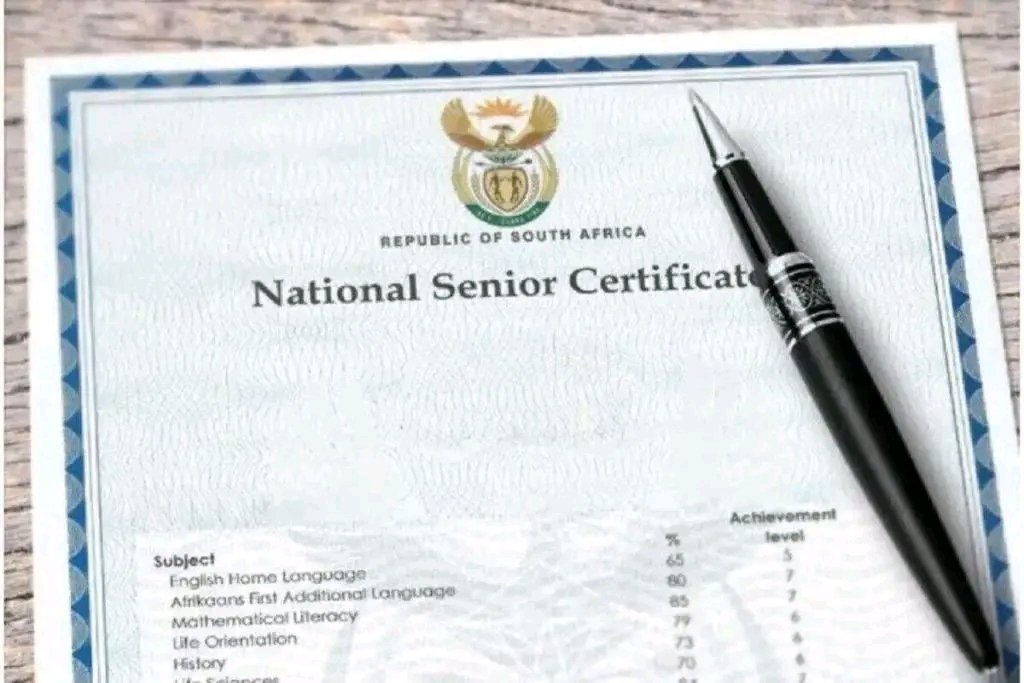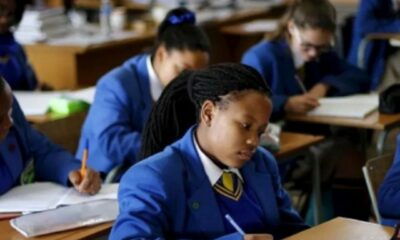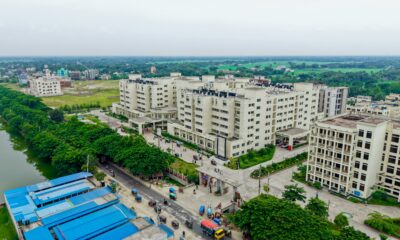News
Matric Results in Limbo: Court to Decide if DBE Can Publish Exam Scores in Newspapers

Matric Results Hangs in the Balance as Court Considers Privacy Challenge
For many South African families, the release of matric results is a moment of celebration and relief. But this year, a legal battle over privacy rights has cast a shadow over the Department of Basic Education’s (DBE) planned announcement.
The North Gauteng High Court in Pretoria has reserved judgment after a two-day hearing on whether the DBE can publish the National Senior Certificate (NSC) results in newspapers. The case, which spanned 27–28 October 2025, pits the Information Regulator (IR) against the DBE, with civil society groups like AfriForum and political parties such as the EFF taking an interest.
Privacy vs Public Access
The Information Regulator filed an urgent application earlier this year to block the publication of matric results in newspapers, citing the Protection of Personal Information Act (POPIA). Even when exam numbers, rather than names, are used, the IR argues that publishing scores in print media could violate students’ privacy rights.
“Up until now, no court has rightfully examined whether the publication of matric results is consistent with the principles of protection of personal information as given effect to through POPIA,” said IR Chairperson Advocate Pansy Tlakula.
The DBE, on the other hand, has maintained that the release of results is essential for transparency and public interest. Last year, an enforcement notice from the IR threatened the DBE with a R5 million fine, but the department continued planning the announcement, prompting the current court intervention.
Legal Drama Unfolds
The case follows a previous urgent application dismissed in January 2025. This latest hearing allowed both sides to fully present their arguments, with the court now weighing:
-
Should newspapers publish results that include unique exam numbers?
-
Does this comply with POPIA’s principles of protecting personal information?
-
How should students’ privacy rights be balanced against public interest?
“It’s been a long nine-month wait, but we are glad that these matters are now being aired out in open court,” Tlakula told reporters after the hearings concluded.
Legal experts note that this case could set a precedent for how the DBE handles personal information in future exam cycles, potentially changing how matric results are communicated nationwide.
What This Means for Matrics
South Africa’s matric class of 2025 is still writing their NSC exams, with marking scheduled to begin in early December. The results are expected to be released in early 2026, but the court’s decision could alter the format and medium of publication.
For students and parents, this legal tussle is more than a bureaucratic detail, it reflects a growing national conversation about privacy, accountability, and the role of government in handling personal data. Social media has already lit up with debate, with some arguing for full transparency and others championing the protection of students’ rights.
The High Court judges will now deliberate on the submissions from both the IR and DBE. Whatever the outcome, the case highlights the tensions between open access to public information and individual privacy, a debate that is only likely to intensify in South Africa’s digital age.
“This question must be cleared up so that the rights of all learners are protected and the public is empowered to understand the lawful conditions for the process of personal information,” said Tlakula.
For now, the matric results remain in legal limbo, leaving students, families, and schools waiting for a decision that could reshape how South Africa celebrates one of its most important academic milestones.
{Source: The Citizen}
Follow Joburg ETC on Facebook, Twitter , TikTok and Instagram
For more News in Johannesburg, visit joburgetc.com
























